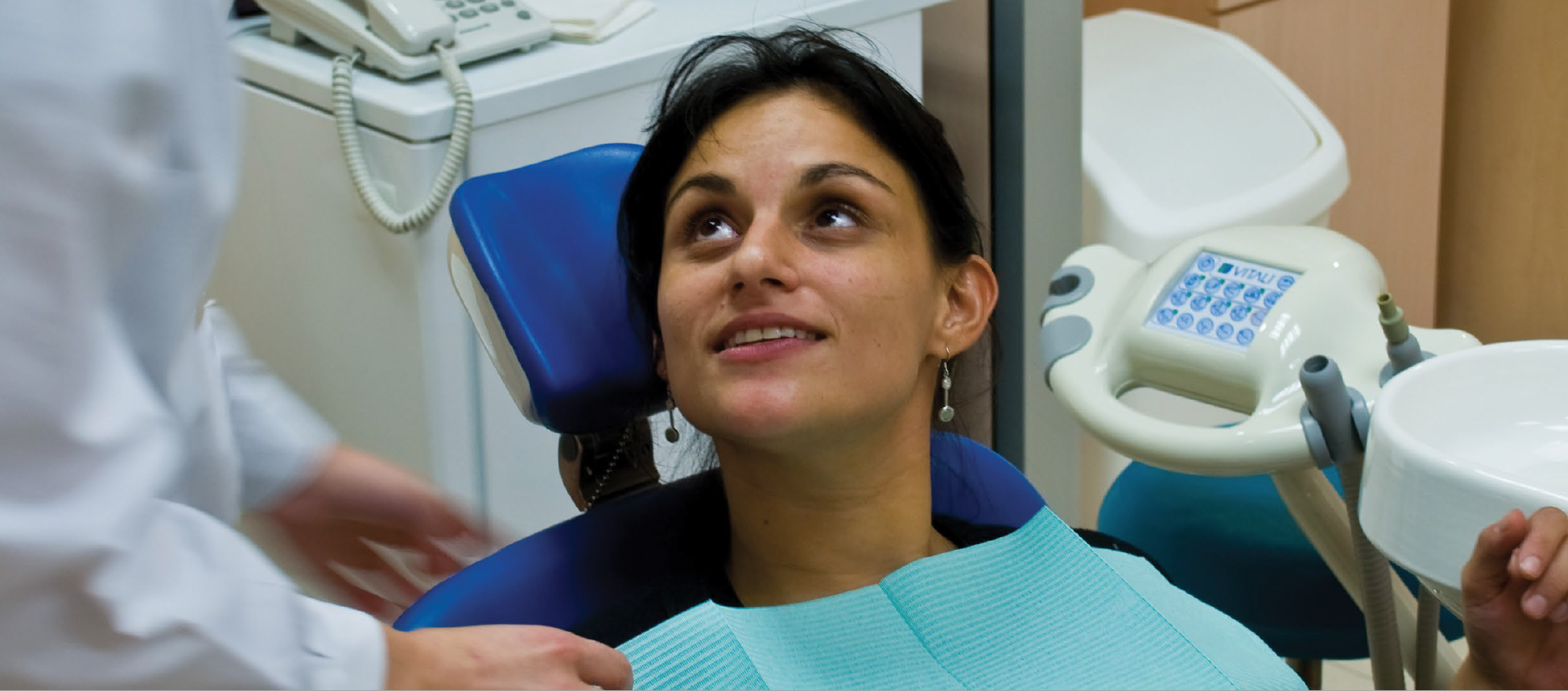 Maintaining good oral health is an important part of staying healthy during pregnancy. Head Start programs must help all enrolled pregnant women and pregnant people access comprehensive oral health care. Individuals who are pregnant can safely have their teeth cleaned, have X-rays taken, and receive treatment. Preventing oral disease can help keep a person healthy during pregnancy.
Maintaining good oral health is an important part of staying healthy during pregnancy. Head Start programs must help all enrolled pregnant women and pregnant people access comprehensive oral health care. Individuals who are pregnant can safely have their teeth cleaned, have X-rays taken, and receive treatment. Preventing oral disease can help keep a person healthy during pregnancy.
Many people develop gingivitis during pregnancy, an early form of gum disease (periodontal disease) that occurs in response to hormone changes during pregnancy. Signs of gingivitis are red, swollen, sore, and bleeding gums when brushing or flossing. If it is not treated, people can lose the bone that surrounds and supports their teeth, sometimes causing tooth loss. Pregnant women and pregnant people are also susceptible to developing tooth decay from frequent snacking on foods containing sugar and from morning sickness.
Providing pregnant women and pregnant people with preventive oral health care that includes checking their mouth and teeth to detect oral diseases early reduces the likelihood that they will experience pain and suffering and is much less expensive than treating decayed teeth.
Tips and Strategies Related to Oral Health During Pregnancy
- Determine if individuals who are pregnant have a source of continuous, accessible oral health care.
- Help pregnant women and pregnant people who are uninsured identify a source of insurance or other method of payment.
- Understand your state Medicaid agency’s dental benefit coverage during pregnancy.
- Work with pregnant women and pregnant people to ensure they receive oral health care, including an oral exam and preventive care.
- Ask oral health professionals to fill out a form (e.g., Head Start Oral Health Form) to document the oral health care provided to pregnant women and pregnant people.
- Encourage pregnant women and pregnant people to continue to follow the treatment and recall schedule recommended by their oral health professional. Use case management strategies, as needed.
- Provide oral health education to pregnant women and pregnant people on the transmission of bacteria that may cause tooth decay from saliva-sharing practices; the safety and importance of dental visits during pregnancy and postpartum; and potential oral health problems during pregnancy.
Learn More
- Finding Oral Health Care
- Finding Oral Health Professionals That Accept Medicaid and Children’s Health Insurance Program
- Promoting Oral Health During a Home Visit
Read more:
Resource Type: Article
National Centers: Health, Behavioral Health, and Safety
Audience: Directors and Managers
Last Updated: October 30, 2023